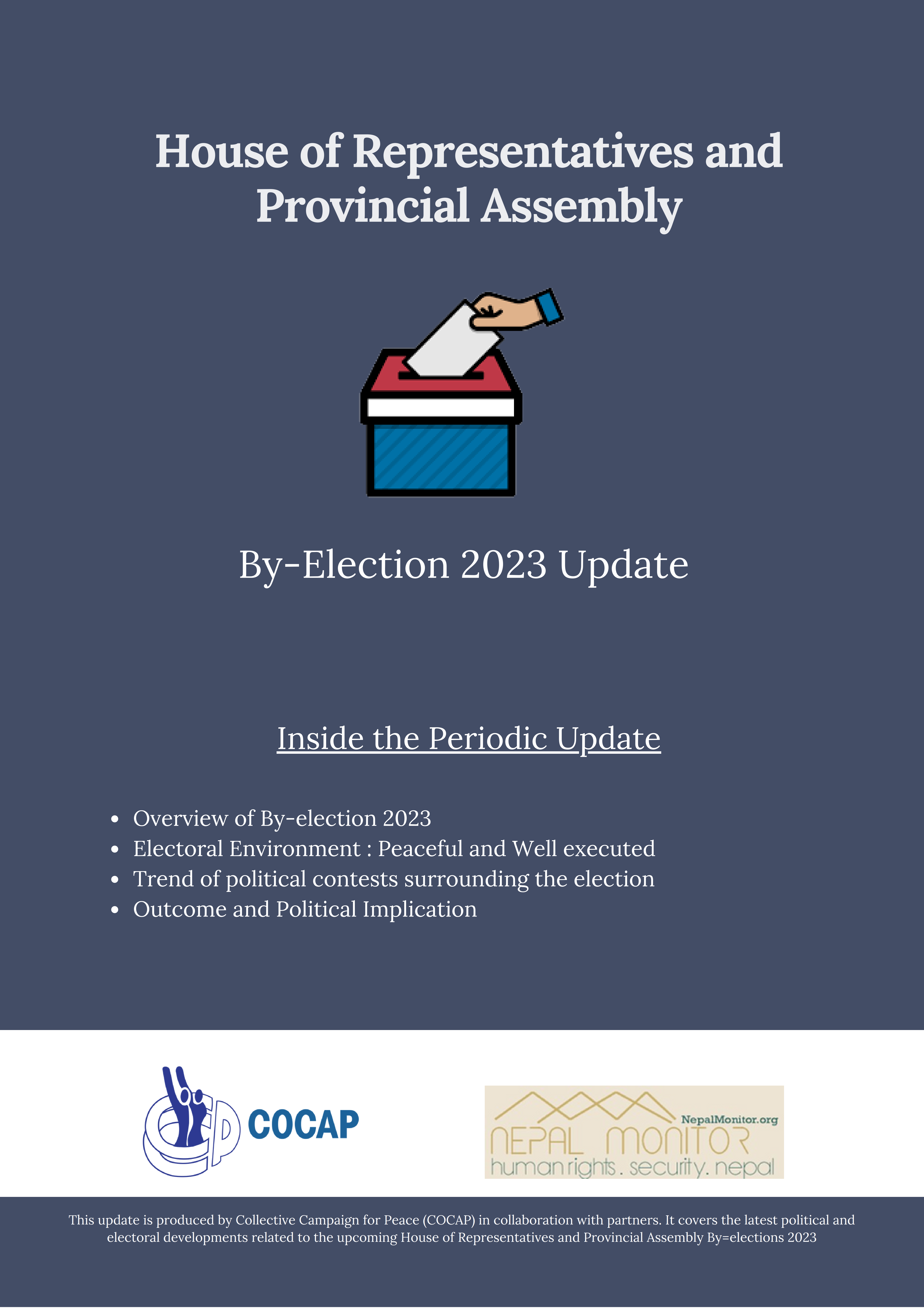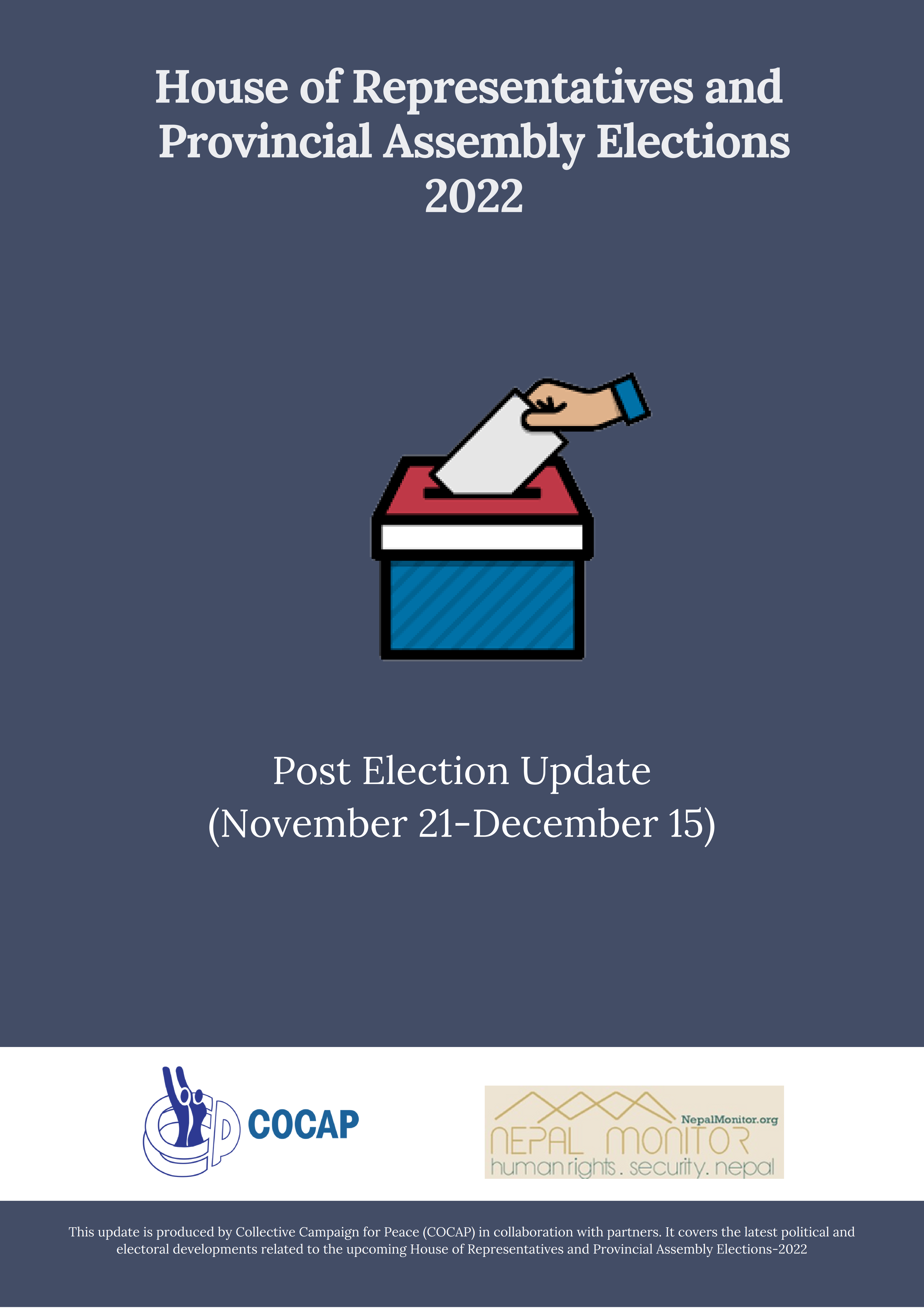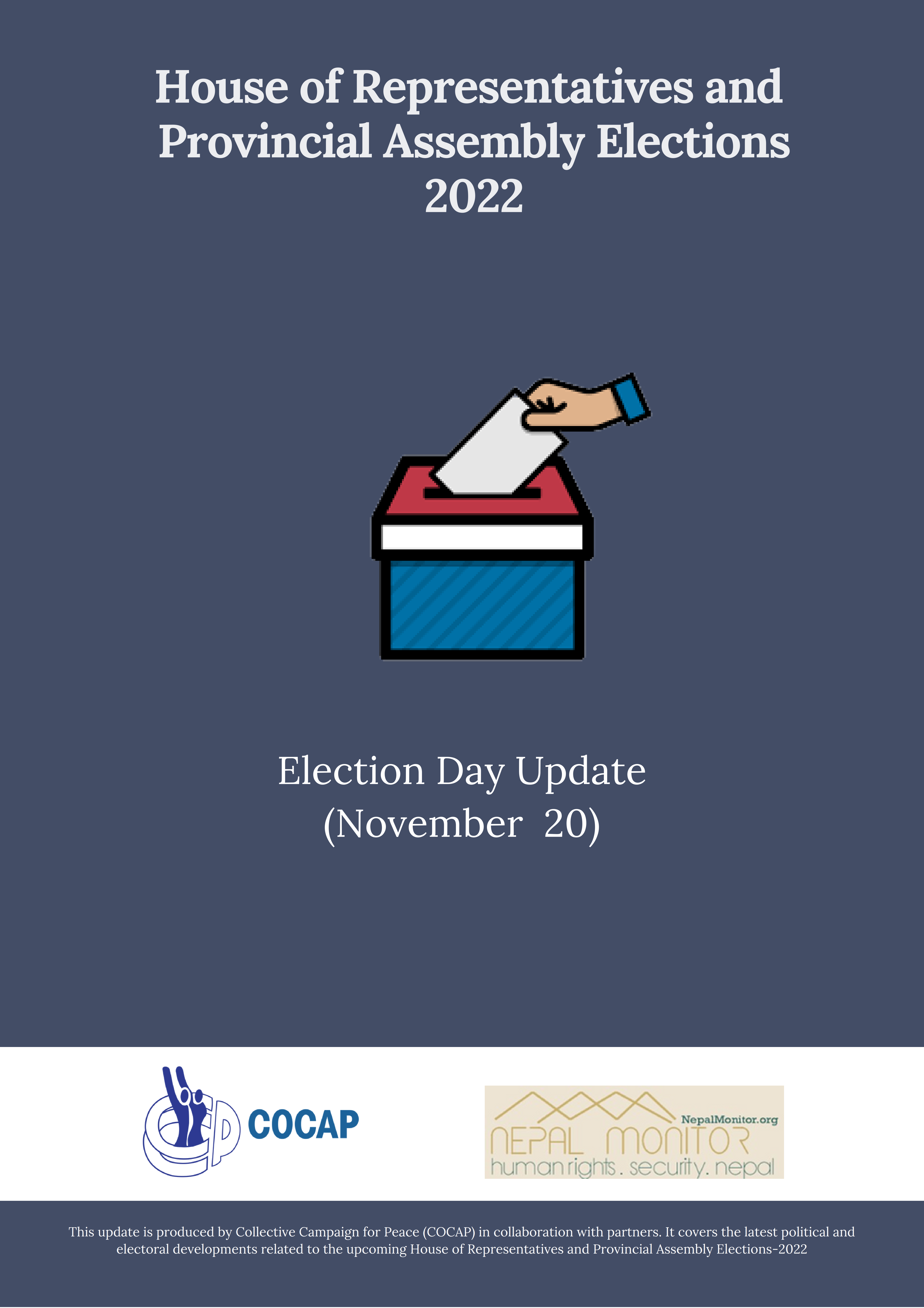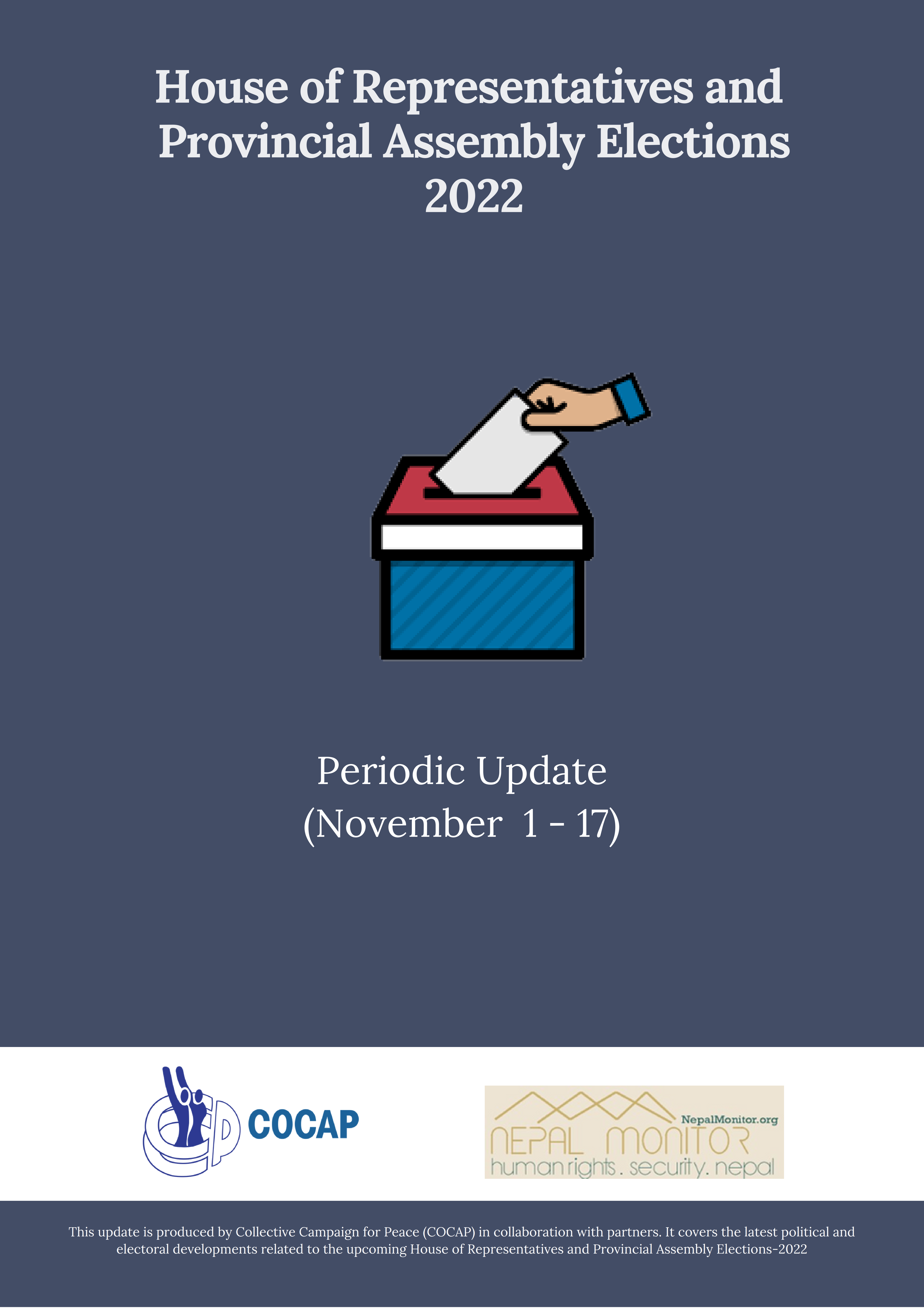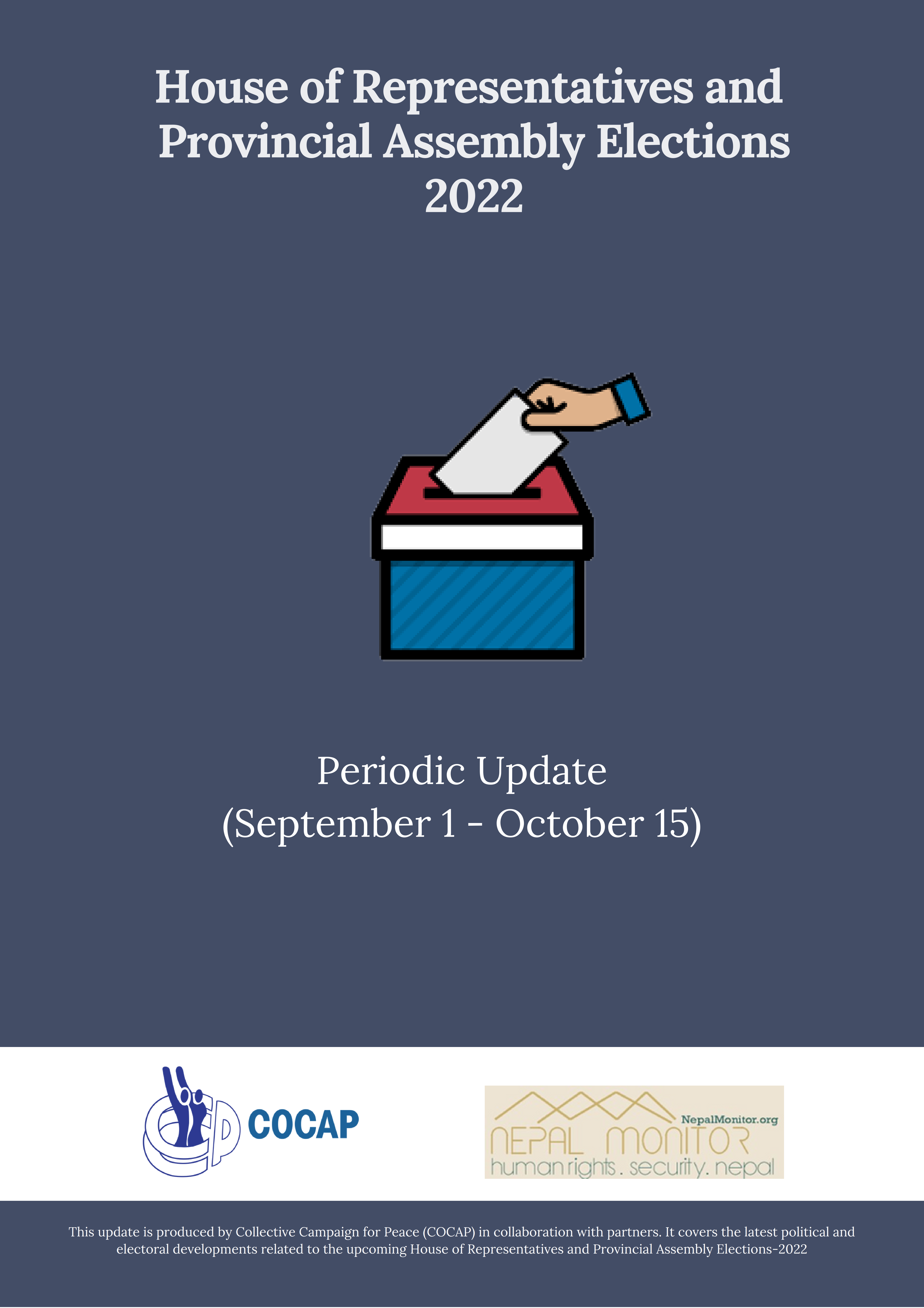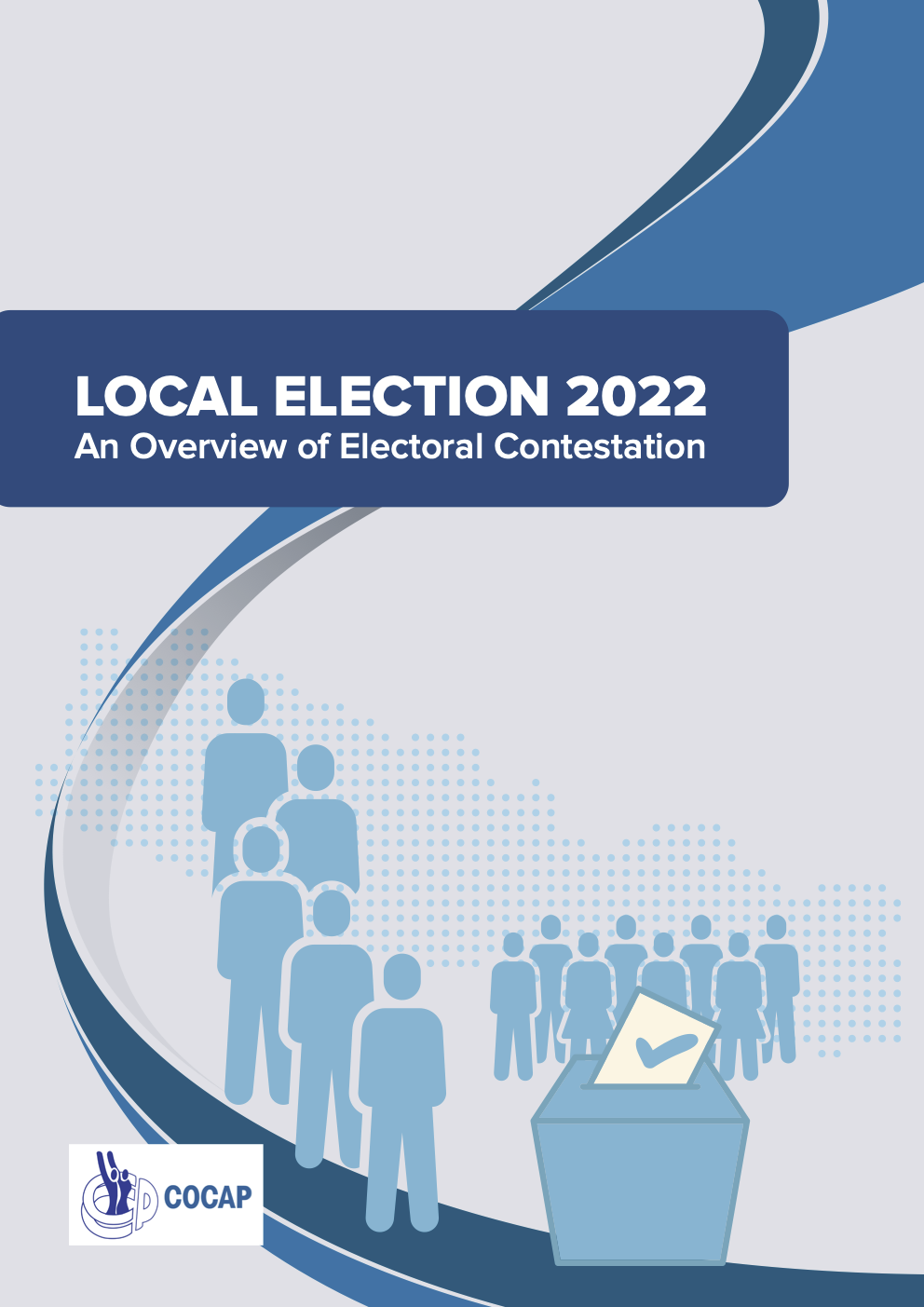Incident Reports
Fix Flawed TRC Act, Rights Watchdog Tell Nepal Govt l सत्य निरुपण आयोग गठन सम्बन्धी ऐन तत्काल सच्याउन आहृवान l
2014-07-10
KAthmandu, satya tatha ayog gathan sambandhi Ain tatkaal sacchyauna ahvaan.
Kathmandu/July 10
The Nepal government should act immediately to fix crucial flaws in the Truth and Reconciliation Commission (TRC) Act, particularly those highlighted in a new United Nations evaluation, Amnesty International, Human Rights Watch, and the International Commission of Jurists said in a joint press statement on July 8.
The assessment, in a technical note from the UN Office of the High Commissioner on Human rights to the Nepal government, pointed out that the TRC Act does not conform to Nepal’s international legal obligations, including in that it allows for amnesty for crimes committed under international law. Five experts for the UN Human Rights Council have also voiced similar serious concerns over the TRC Act, passed by Nepal’s Constituent Assembly in April 2014.
“The UN’s findings are consistent with what human rights groups have been saying all along – Nepal’s TRC Act is fundamentally flawed and could leave thousands of victims of conflict-related violations without access to the justice they deserve,” said Richard Bennett, Asia director at Amnesty International. “The act allows the commission to recommend amnesties for crimes under international law, including war crimes, which flies in the face of Nepal’s obligations under international law.”
Nepal’s Supreme Court in January rejected an earlier version of the TRC Act – the 2013 Truth and Reconciliation Ordinance, which contained many of the same flawed provisions. The court ruled that any mechanism for transitional justice must conform to international legal standards, lead to accountability for serious human rights violations, and guarantee victims their right to remedy and reparation.
Nepal’s Constituent Assembly defied the Supreme Court ruling, and passed the TRC Act. It became law on May 11, 2014. The act is only a slightly modified version of the 2013 TRC Ordinance and fails to address the Supreme Court’s concerns. The Supreme Court is set to rule on a petition challenging the new act in July 2014.
“By defying the Supreme Court’s recent principled ruling, the Nepal government is violating its obligations under national and international law to provide justice and accountability,” said Sam Zarifi, Asia director at the International Commission of Jurists. “All eyes are now on the Supreme Court to see whether it will allow the Nepal government to legislate impunity for perpetrators of crimes under international law, such as unlawful killings, enforced disappearances, and torture, including rape and other sexual violence.”
The international community should support and encourage initiatives that can deliver real justice for victims of human rights violations in Nepal and oppose those that could shield perpetrators from accountability, Amnesty International, Human Rights Watch, and the International Commission of Jurists said.
“There is no question that the TRC, if implemented without serious amendments, will entrench a culture of impunity rather than delivering justice,” said Brad Adams, Asia director at Human Rights Watch. “Donors need to unequivocally refuse to participate in any process that strips victims of their rights.”
Vivek Dhungana
काठमाडौँ । ०७१ असार २६ गते
Related Reports
Political / Bhaktapur
Nepali Congress Suryabinayak municipality-2's ward chairperson and his son physically assaulted by a group of unidentified people
May 05, 2025
GBV / Siraha
Complaint lodged against a 30-year-old man on the charge of raping a 13-year-old teenage girl in Siraha
December 26, 2023
GBV / Okhaldhunga
52-year-old man arrested on the charge of sexually assaulting a 16-year-old teen girl in Okhaldhunga
Province 1, Okhaldhunga, Sunkoshi, Ward 8
December 03, 2023
GBV / Rupandehi
Complaint lodged against a 22-year-old youth on the charge of raping a minor girl in Rupandehi
August 29, 2023
Governance / Darchula
Workers padlock school citing non-receipt of wages for more than a year
Sudurpashchim, Darchula, Naugad
August 29, 2023
